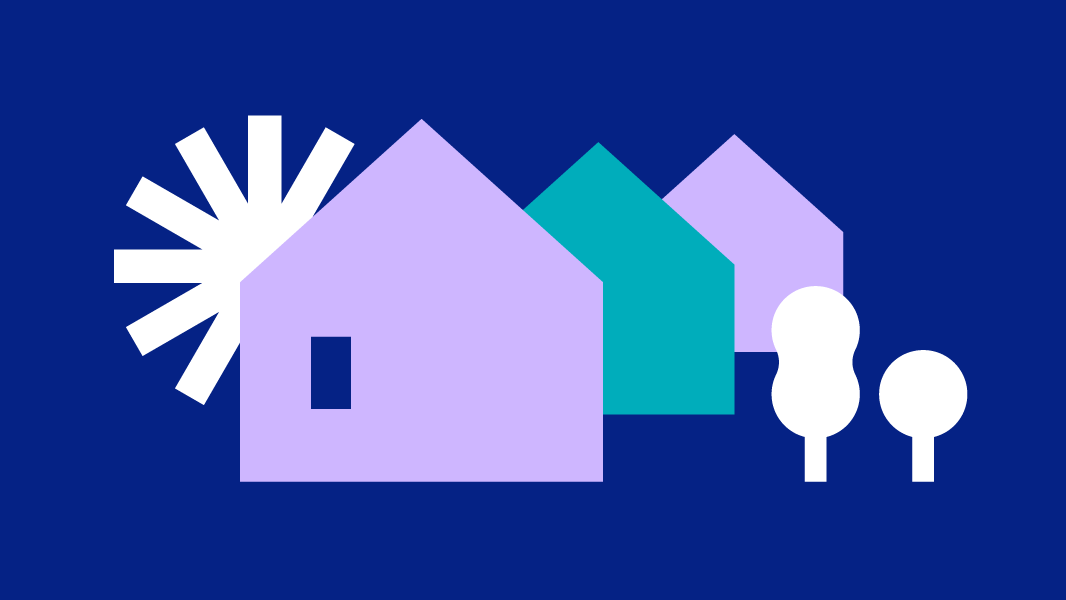The Function of Property Owners in Shaping HOA Policies
In the world of home owners' organizations (HOAs), the function of property owners in shaping plans holds substantial significance. House owners are not just inhabitants yet energetic stakeholders in the neighborhood they reside in, with a vested interest in the regulations and guidelines that regulate their day-to-days live. Recognizing exactly how property owners can contribute and affect to HOA policies is essential for fostering an unified living atmosphere. By exploring the methods whereby homeowners can influence decision-making processes, we reveal a vibrant interplay that forms the extremely significance of neighborhood living. Stay tuned to unravel the complex web of homeowner involvement and its effect on forming HOA policies.
Importance of House Owner Interaction
Home owner interaction plays a crucial function in shaping the plans and choices of house owners' associations (HOAs) When homeowners proactively take part in the decision-making procedures of their HOA, they add varied perspectives that can cause even more well-rounded and inclusive policies. Engaged home owners are most likely to stay educated concerning HOA matters, attend meetings, and supply beneficial responses on proposed policies. Their involvement assists make sure that policies reflect the needs and choices of the community they represent.
Moreover, home owner engagement fosters a sense of possession and accountability within the community. When locals are included in shaping HOA plans, they are most likely to adhere to these laws willingly. This can cause a much more unified living environment where homeowners collaborate towards common goals and shared worths. Additionally, engaged house owners are much more most likely to support HOA efforts, which can bring about smoother application and better general success.
Ways to Impact HOA Plans
Effective engagement in house owners' association (HOA) committees and conferences offers residents opportunities to form and influence HOA policies. Among the most straight ways homeowners can influence HOA plans is by proactively going to and getting involved in HOA meetings. By articulating problems, suggesting tips, and participating in discussions during these meetings, property owners can directly influence the decisions made by the HOA board. Furthermore, homeowners can consider running for positions on the HOA board or boards themselves. By coming to be board participants or board leaders, home owners can directly influence the development and implementation of HOA policies.
Additionally, house owners can work together with their neighbors to form a united front when advocating for certain policy changes or efforts. By arranging applications, carrying out surveys, or organizing neighborhood meetings, homeowners can show the level of support for their recommended plans and enhance their chances of affecting the HOA's choices. Ultimately, by actively taking part, engaging with fellow locals, and handling leadership roles within the HOA, home owners can efficiently influence and form HOA plans to better mirror the demands and choices of the area.

Effect of Property Owner Engagement
The active participation of locals in home owners' organization (HOA) tasks dramatically influences the policies and decisions controling the community. When property owners get involved in HOA conferences, supply comments on proposed policies, and involve in discussions with the board members, their input can form the instructions of the community. Homeowner participation ensures that the HOA board considers a varied variety of viewpoints before choosing that affect the whole community.
Furthermore, homeowner involvement can bring about increased openness within the HOA. By proactively taking Clicking Here part in the decision-making procedure, citizens can hold the board accountable for their activities and ensure that policies are carried out rather and in the most effective rate of interest of the neighborhood overall.
Moreover, when house owners actively join shaping HOA plans, they feel a higher sense of possession and satisfaction in their neighborhood (hoa san antonio). This feeling of participation fosters a stronger feeling of neighborhood and urges homeowners to interact towards common goals, ultimately creating a much more unified and preferable living setting for all citizens

Advantages of Active Property Owner Involvement
Energetic participation by residents in homeowners' organization activities adds substantially to the enhancement of neighborhood administration and communication. When homeowners proactively participate in HOA events, they bring diverse point of views and important understandings to the decision-making process. This participation promotes a sense of possession and obligation among locals, leading to an extra cohesive and unified neighborhood.
In addition, energetic property owner involvement aids to make certain that HOA plans line up with the needs and preferences of the neighborhood participants - hoa san antonio. By voicing their issues and point of views, additional resources citizens can influence the development of regulations and guidelines that advertise consistency and wellness within the community. This collaborative approach not just reinforces community bonds however likewise boosts the total high quality of life for home owners
In addition, energetic home owner involvement can result in boosted openness and liability within the homeowners' organization. When locals are actively engaged in the administration process, there is greater oversight and analysis of decision-making, which can help stop potential disputes and guarantee fair and fair treatment for all members. Eventually, the benefits of energetic house owner participation expand beyond specific families to develop an extra lively and growing area.

Producing a Community-Driven HOA
Offered the importance of house owner involvement in shaping HOA plans, fostering a community-driven approach is vital for the sustainable governance and development of the area. A community-driven HOA empowers locals to actively get involved in decision-making processes, guaranteeing that policies show the varied needs and choices of the neighborhood. By urging open interaction and cooperation between house owners and the HOA board, a feeling of shared duty and possession is grown, resulting in boosted fulfillment and harmony within the area.
Creating a community-driven HOA includes developing systems for home browse around this web-site owner feedback, such as surveys, community hall meetings, or idea boxes, to gather input on crucial concerns and potential plan changes. Furthermore, advertising transparency in HOA procedures and decision-making processes promotes trust and accountability among locals. By valuing homeowner perspectives and engaging them in the administration of the area, a community-driven HOA can improve overall resident fulfillment, advertise a sense of belonging, and add to the long-term health of the area.
Verdict

To conclude, active house owner interaction plays an important function in shaping HOA plans. By taking part in decision-making processes and articulating their issues, property owners can influence the instructions of their neighborhood. This involvement causes a much more joint and comprehensive atmosphere within the HOA, eventually benefiting all locals. Developing a community-driven HOA calls for ongoing interaction and teamwork between homeowners and the organization to guarantee policies show the demands and preferences of the community.
In the realm of home owners' organizations (HOAs), the duty of house owners in shaping policies holds substantial relevance.House owner engagement plays an essential duty in shaping the policies and choices of homeowners' associations (HOAs)Effective involvement in property owners' organization (HOA) boards and meetings uses homeowners possibilities to shape and affect HOA policies. Eventually, by actively getting involved, engaging with fellow residents, and taking on leadership duties within the HOA, homeowners can successfully form and influence HOA policies to better mirror the demands and choices of the area.
In addition, active home owner involvement can lead to boosted transparency and responsibility within the house owners' association.
Comments on “Supporting Area Growth: Proactive Administration for HOA San Antonio”